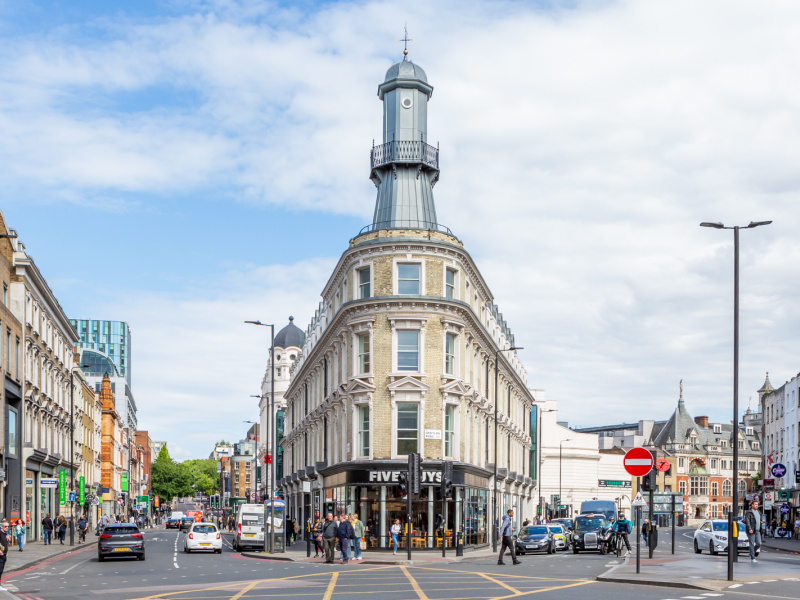Navigating the Maze: A Guide to Islington Kings Cross Building Regulations
Kings Cross Islington, London, has undergone a dramatic transformation in recent decades. From a neglected railway area to a thriving hub of culture, commerce, and residential living, the district’s ongoing development means navigating a complex web of building regulations.
Whether you’re a seasoned developer or a homeowner embarking on renovations, understanding the relevant rules is crucial. This guide aims to demystify the process and equip you with the essential knowledge to ensure your project complies with Islington building regulations.
Key Considerations:
- Conservation Areas: Kings Cross encompasses several designated conservation areas, each with specific architectural and historical character. Any development within these areas must be sensitive to the surroundings and preserve the existing streetscape.
- Planning Permission: Depending on the nature and scale of your project, you may need planning permission from the local council. This typically involves submitting detailed plans and supporting documents, demonstrating how your proposal adheres to relevant regulations.
- Building Regulations: Even if planning permission isn’t required, most building work still needs to comply with building regulations. These cover aspects like structural safety, fire safety, energy efficiency, and accessibility.
Useful Resources:
- Islington Council Planning Portal: This online platform provides access to planning guidance, downloadable forms, and information on specific planning policies.
- King’s Cross Opportunity Area Planning and Development Brief: This document outlines the planning framework for the Kings Cross area, including specific design considerations for new developments.
- Building Regulations: The official government website offers comprehensive guidance on building regulations, including downloadable technical guidance documents.
Additional Tips:
- Engage with the Council: Early consultation with the council’s planning and building control teams can help identify potential issues and streamline the approval process.
- Appoint Qualified Professionals: Consider working with architects, surveyors, and other professionals who are familiar with Islington Kings Cross building regulations.
- Stay Informed: Building regulations are subject to change, so keep yourself updated on any amendments or revisions.
By understanding and adhering to the relevant regulations, you can contribute to the continued positive development of Kings Cross while ensuring your project meets the necessary safety and design standards. Remember, a little planning goes a long way in navigating the maze of Islington Kings Cross building regulations!
Bonus Tip: For a visual representation of the Kings Cross development plan, check out the King’s Cross Central website. It features interactive maps, 3D models, and detailed information about the ongoing projects in the area.
I hope this article provides a helpful starting point for understanding Islington Kings Cross building regulations. Remember, the information provided here is not intended as a substitute for professional advice. Always consult with qualified professionals to ensure your project complies with all relevant regulations.



Comments are closed